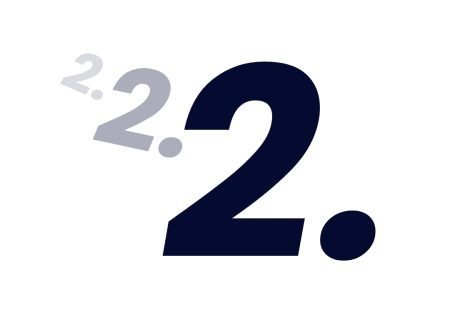Nutrition During Ramadan: What and How Much You Eat Matters
Dr. Melike Şeyma Deniz, Assistant Professor at Istinye University’s Department of Nutrition and Dietetics, shared important insights about maintaining a healthy diet during Ramadan. She emphasized the importance of waking up for sahur and planning a nutritious meal, stating, “It is crucial to eat a well-balanced meal at sahur. At iftar, choosing easily digestible foods and eating slowly are two essential rules for maintaining good health.”
Fasting for long hours makes proper nutrition even more important. To maintain a healthy eating pattern during Ramadan, there are key points to consider. How should one plan their meals? What foods should be consumed between iftar and sahur to ensure a balanced diet? Dr. Melike Şeyma Deniz provided guidelines on how to eat healthily during Ramadan.
Waking Up for Sahur and Planning a Nutritious Meal is Essential
Dr. Deniz stressed the importance of not skipping sahur, saying:
“During Ramadan, it is essential to wake up for sahur and plan a nutritious meal. High-quality protein sources such as eggs, cheese, walnuts, arugula, parsley, peppers, and whole grain or whole wheat bread should be included. If waking up and preparing a meal at night is challenging, an alternative could be preparing an oat bowl the night before, using yogurt, oatmeal, fresh fruit, and walnuts or almonds.”
Limit Ramadan Pide Consumption
Speaking about iftar, Dr. Deniz highlighted two key rules: choosing easily digestible foods and eating slowly. She gave the following recommendations:
“You can start by breaking your fast with 1-2 dates or olives. After drinking a bowl of soup, a dish that combines a protein source such as meat, meatballs, or chicken with vegetables, along with a salad, would be ideal. If you want to eat Ramadan pide, remember that a palm-sized portion is considered one serving. Since Ramadan pide causes a rapid rise in blood sugar, it should not be consumed daily but rather limited to a few times a week. About 1-1.5 hours after iftar, having a snack like fresh fruit and yogurt will increase your protein and fiber intake. One of the Ramadan classics, güllaç, can be consumed in moderation, with a thin slice 1-2 times per week.*
One of the most critical aspects of nutrition during Ramadan is staying hydrated. It is recommended to drink 30 ml of water per kilogram of body weight. For an 80 kg person, this means consuming 2.4 liters of water daily. While tea and coffee contribute to fluid intake, it is important to prioritize drinking plain water. Additionally, taking a 15-20 minute walk after iftar can help with digestion. Studies suggest that even standing for two minutes after a meal can contribute to better blood sugar control.”
People with Certain Health Conditions Should Consult a Doctor
Dr. Deniz also emphasized that individuals with specific health conditions should consult their doctors before fasting:
“People with conditions such as diabetes, hypertension, or gastrointestinal disorders should get approval from their doctor before fasting. If they are taking medication, the timing of their doses must be adjusted according to sahur and iftar. If fasting is deemed safe, they should avoid high-glycemic foods like white bread, pide, potatoes, rice, and sweets, and instead focus on whole grains, legumes (such as chickpeas, lentils, and beans), vegetables, and controlled portions of fruit. Hypertension patients should avoid high-sodium foods, and those with digestive issues should eat slowly, choose easily digestible foods, and avoid lying down immediately after eating.”
A Balanced Diet During Ramadan Can Improve Insulin Regulation
Addressing the metabolic effects of fasting, Dr. Deniz stated:
“When a balanced diet is followed, meal consumption speed is controlled, and adequate hydration is ensured, fasting can improve insulin regulation, boost immunity, and benefit the digestive system. However, skipping sahur, overeating pide, eating too quickly after a long fasting period, and failing to drink enough water can negate the metabolic benefits of fasting.”
Dr. Deniz underscored the importance of proper eating habits during Ramadan and shared ways to maximize the metabolic benefits of fasting.







